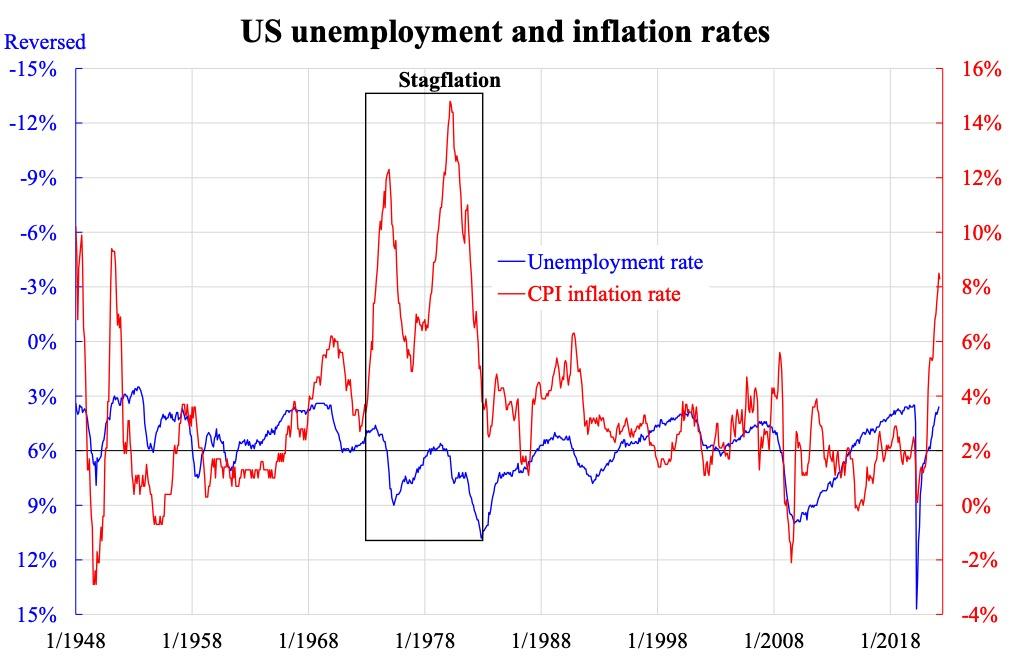Tech companies laid off a large number of employees in 2022, with firms seemingly set to terminate even more employees this year as they plan for an impending economic downturn.
Last year, employers announced plans to cut 363,824 jobs, up 13 percent from 321,970 job cuts announced in 2021, according to a Jan. 5th report from Chicago-based outplacement firm Challenger, Gray & Christmas. Technology accounted for the bulk of the cuts, announcing a total of 97,171 layoffs in 2022, up 649 percent from the prior year’s 12,975.





